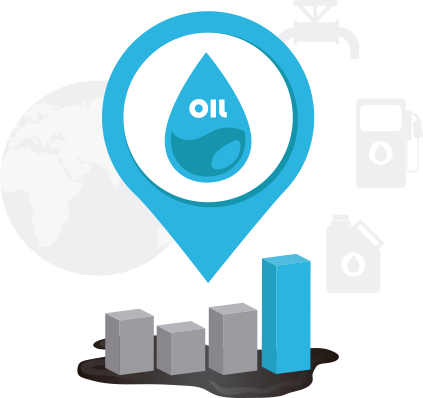
The largest source of untapped data today is the web, which not only holds millions of records of unstructured data but it is also the key to unlocking millions of new opportunities through business solutions, in-depth insights on industry trends, and much more.
Over the past decade, this untapped source of data on the web has given rise to many tools that are extracting large amounts of web data and are leveraging it as business data insights for many other organizations. This process of extracting web data has introduced us to terms like web scraping, web crawling, web mining, web harvesting, data extraction, data mining, and more.

Let's try and understand one of the terminologies and their application.
What is Web Harvesting?
Web data harvesting is the process of collecting organized web data in an automated way. The collected data is specific to what you require from the web and saved in a secure database or an excel sheet which will further be used for analysis and in gathering insights. Under web data harvesting two processes take place firstly crawling and secondly scarping. A web crawler is a bot that searches through the web to discover URLs, so in simple terms, the crawler’s work is to discover the sources of data. Then comes the web scraper, the web scraper extracts the data requested or simply put the scraper collects the data and puts it into the database based on the format of choice.
How legal is data harvesting?
Data harvesting is legal and like all services, one has to abide by the laws when it comes to harvesting data from websites. You must keep in mind a few checks when you harvest data:
- Stay clear from extracting personal data that can help you identify an individual, only when one has legal clearance to extract such data is when such a project should be taken up.
- Copyright data, keep in mind whether the data you are extracting from a website is copyrighted data because then one has to comply with copyright laws.
- Registered/ login access, when one has accepted the terms and conditions of a website before signing up or logging in you should carefully go through the terms and conditions mentioned before running a data extract on the website.
The benefits of Web Data harvesting?
Saves Time: Web Data harvesting tools save the time of your co-workers or employees who otherwise would have spent their time collecting data manually. In some cases, an individual or even a group can't collect or monitor the sheer volume of data.
In today’s market, it's all about the time, having the right information at the right time, being the first to act on it is key to not only surviving but thriving in the industry.
Unique and rich source of data: Internet users generate 2.5 quintillion bytes of data each day. So how much is 2.5 quintillion of anything?
Imagine Bill Gates projected fortune and now multiply that 2.5 million times is when we get close to 2.5 quintillions and that is happening every single day!
Out of this data, it is estimated that the information with a potential of analysis is about 37%.
In-depth insights: This information has the potential to unlock many future business opportunities, gain more understanding of your customer demands, to revise the current business and marketing strategies of a company.
Disclaimer: We are not attorneys, and the suggestions in this guide are not intended to be legal advice. If you need help with a specific problem, you should speak with a lawyer.